 0
0
Products Description

CuNi1 (Constantan) is a copper-nickel alloy characterized by containing approximately 1% nickel. This alloy is known for its excellent corrosion resistance and good mechanical properties. The copper content in CuNi1 alloy is relatively high, while the nickel content is relatively low. This alloy is known for its excellent electrical conductivity and stable resistance characteristics. In the manufacture of resistance wire, CuNi1 is often chosen because it can provide stable resistance values and has good mechanical properties and corrosion resistance. CuNi1 resistance wire is very suitable for making precision resistance components due to its stable resistance characteristics and small resistance temperature coefficient. In addition, constantan's high strength and good processing properties make it an ideal material for manufacturing resistance wires, and it is widely used in electrical instruments such as varistors, precision resistors, and strain gauges. These properties of CuNi1 make it widely used in the electronics and power industries.
Specification

Properties Material | Resistivity 200c μΩ.m | Max working temperature (℃) | Tensile strength (Mpa) | Melting point (℃) | Density (g/cm3) | TCR *10-6/℃ (20-600℃) | EMF vs Cu (μV/℃) (0-100℃) |
CuNi1 | 0.03 | 200 | 210 | 1085 | 8.9 | <100 | -8 |
CuNi2 | 0.05 | 200 | 220 | 1090 | 8.9 | <120 | -12 |
CuNi6 | 0.1 | 220 | 250 | 1095 | 8.9 | <60 | -18 |
CuNi8 | 0.12 | 250 | 270 | 1097 | 8.9 | <57 | -22 |
CuNi10 | 0.15 | 250 | 290 | 1100 | 8.9 | <50 | -25 |
CuNi14 | 0.2 | 300 | 310 | 1115 | 8.9 | <30 | -28 |
CuNi19 | 0.25 | 300 | 340 | 1135 | 8.9 | <25 | -32 |
CuNi23 | 0.3 | 300 | 350 | 1150 | 8.9 | <16 | -34 |
CuNi30 | 0.35 | 350 | 400 | 1170 | 8.9 | <10 | -37 |
CuNi34 | 0.4 | 350 | 400 | 1180 | 8.9 | 0 | -39 |
CuNi44 | 0.5 | 400 | 420 | 1200 | 8.9 | <-6 | -43 |
Size Range | |
Wire | 0.08-7.5mm |
Ribbon | (0.05-0.35)*(0.5-6.0)mm |
Strip | (0.50-2.5)*(5-180)mm |
Rod | 8-50mm |
For more other size details, pls directly contact us.
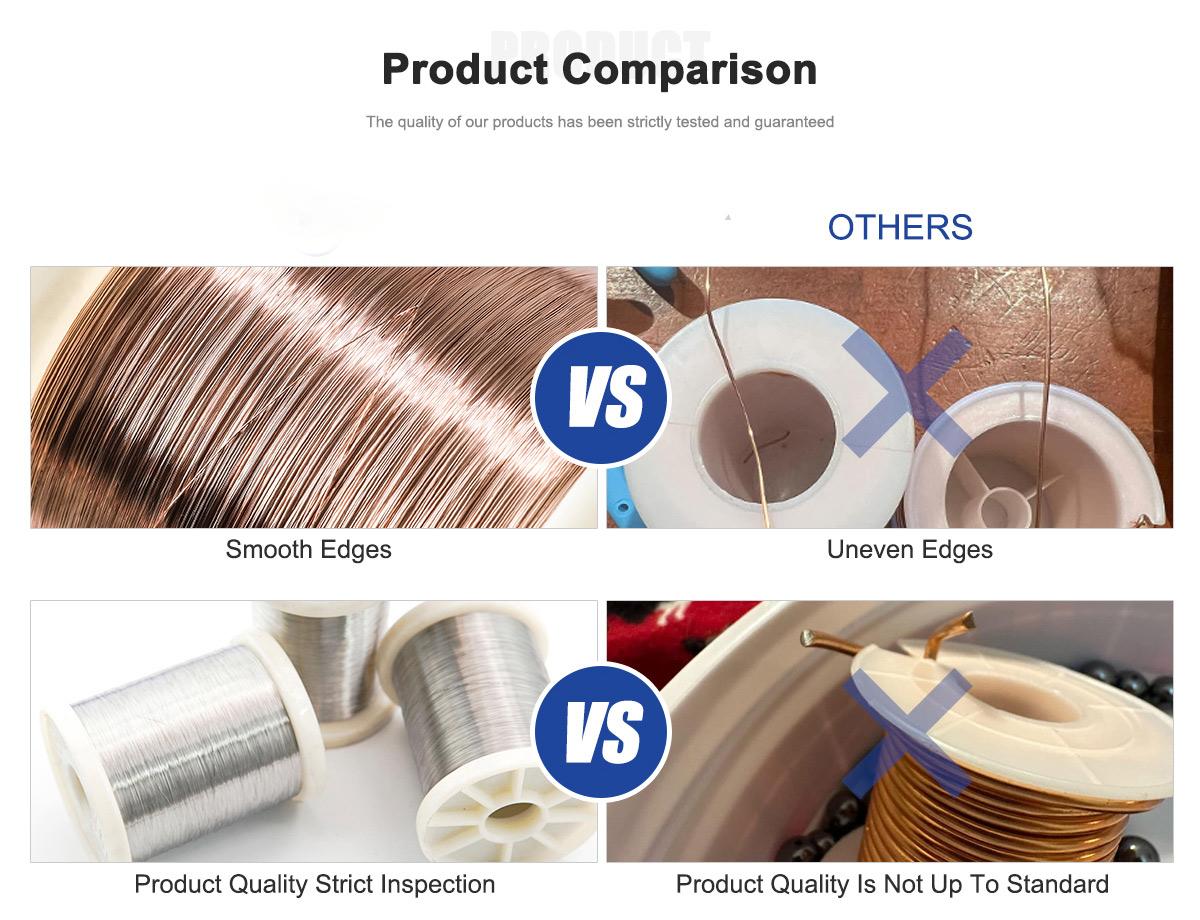
Feature

Low resistivity: CuNi1 alloy has low resistivity and is suitable for making resistance wires, which can be used at temperatures up to 200°C.
Corrosion resistance: The alloy has good corrosion resistance and is suitable for a variety of environments, including humid air, dry air, hydrogen-containing atmospheres and sulfur-containing atmospheres.
Processing properties: CuNi1 alloy is easy to process into heating elements of various shapes, including round wires, flat wires and strips.
High temperature stability: The oxide film formed by the alloy at high temperatures can effectively prevent further oxidation, thereby extending the service life of the heating element.
Mechanical properties: CuNi1 alloy has high tensile strength and elongation, which makes it more reliable in machining and applications.
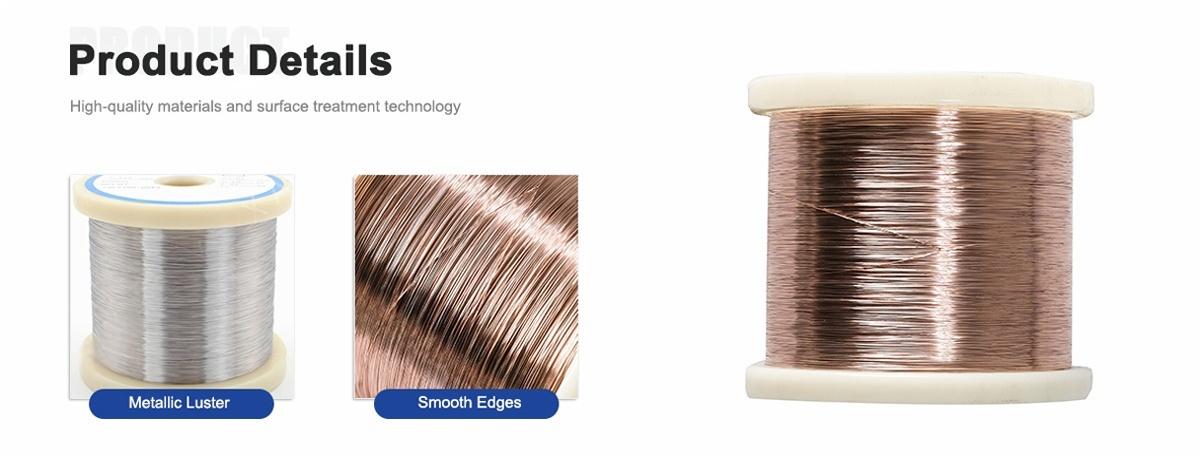
Application areas:

Heating cables and snow melting cables: Due to its good resistance and temperature characteristics, CuNi1 alloy is an ideal material for the manufacture of these cables.
Low-voltage electrical appliances: such as thermal overload relays, low-voltage circuit breakers, etc., utilizing their stable resistance characteristics and corrosion resistance.
Household appliances: In household appliances that require heating elements, CuNi1 alloy wire provides efficient and stable performance.
Thermocouple compensation wire: Due to its precise temperature coefficient of resistance, CuNi1 alloy is also suitable for thermocouple compensation wire.
Technical specifications:

According to the JB/T 6454-2008 standard, the resistivity of CuNi1 alloy is 0.03μΩ·m at 20°C, and a deviation of ±10% is allowed. In addition, its density is 8.9 g/cm³, its melting point is approximately 1085°C, and it has excellent physical properties.
In summary, CuNi1 copper-nickel alloy resistance wire has become the material of choice in multiple industrial and electrical applications due to its comprehensive properties.
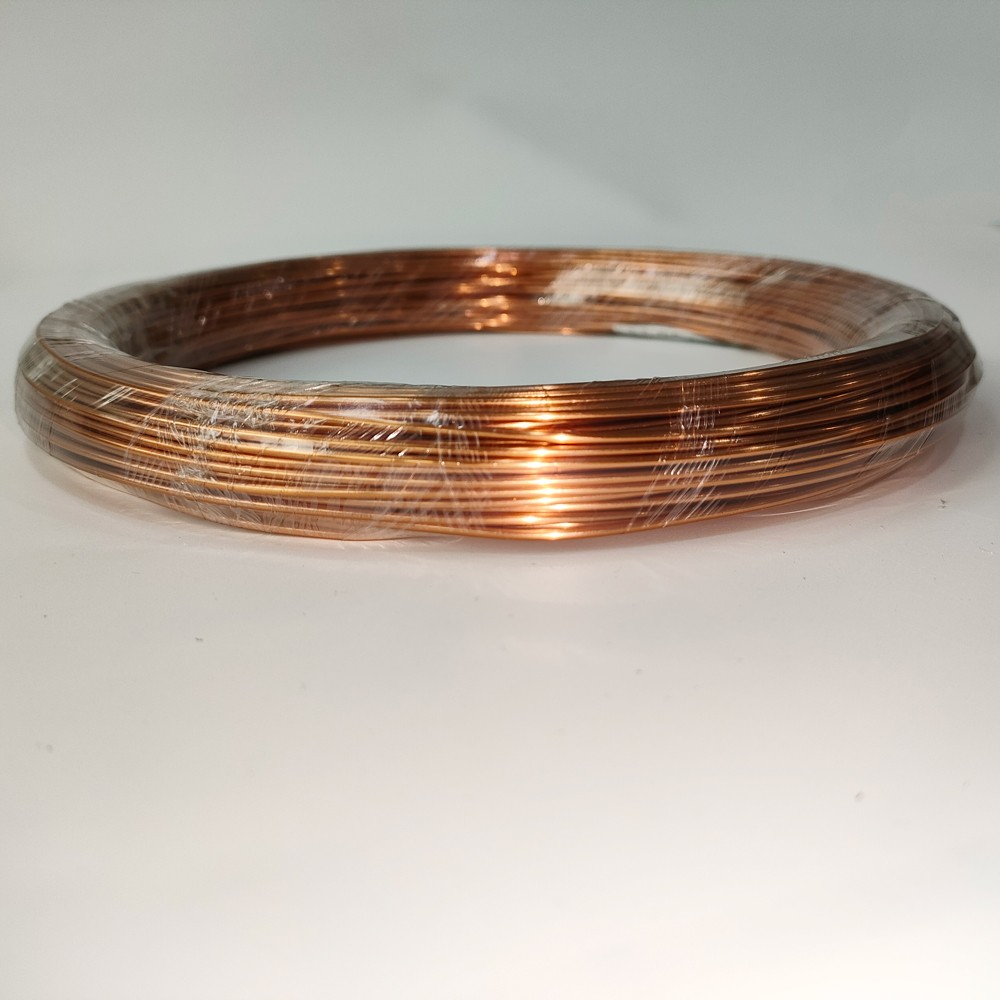
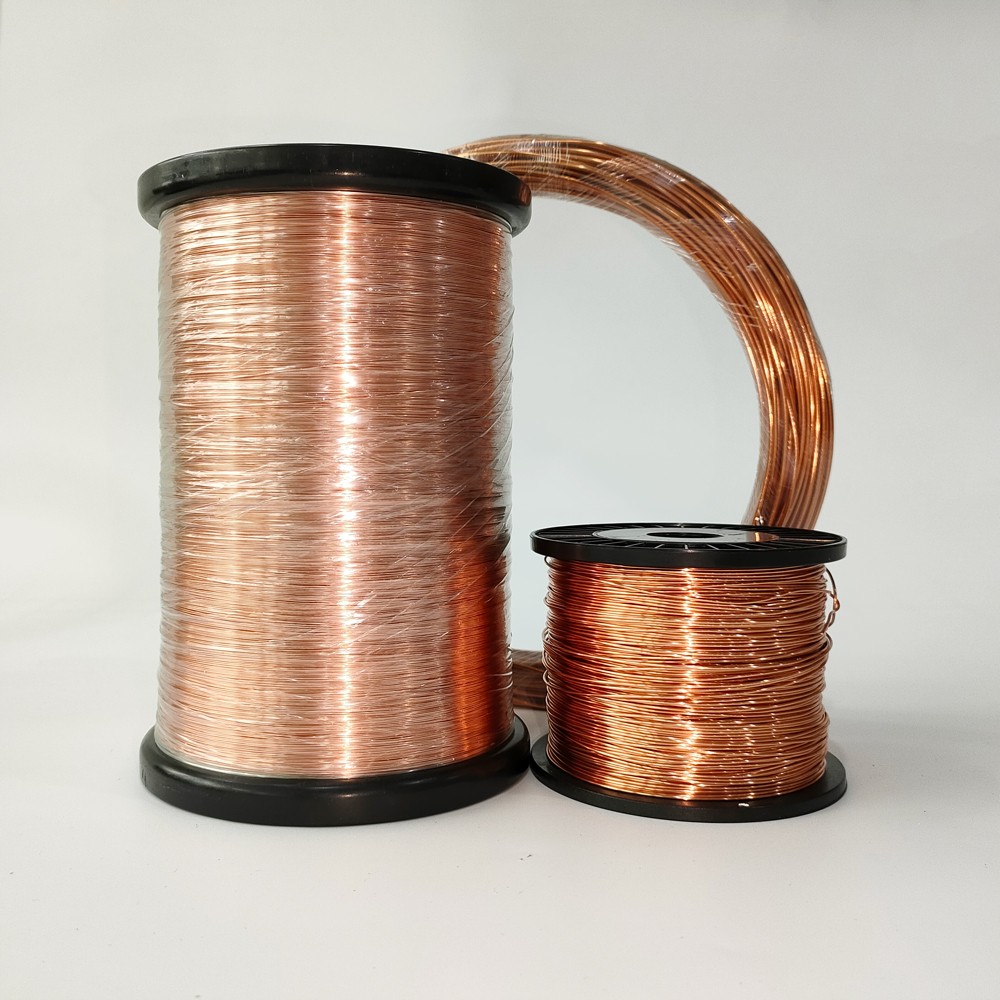
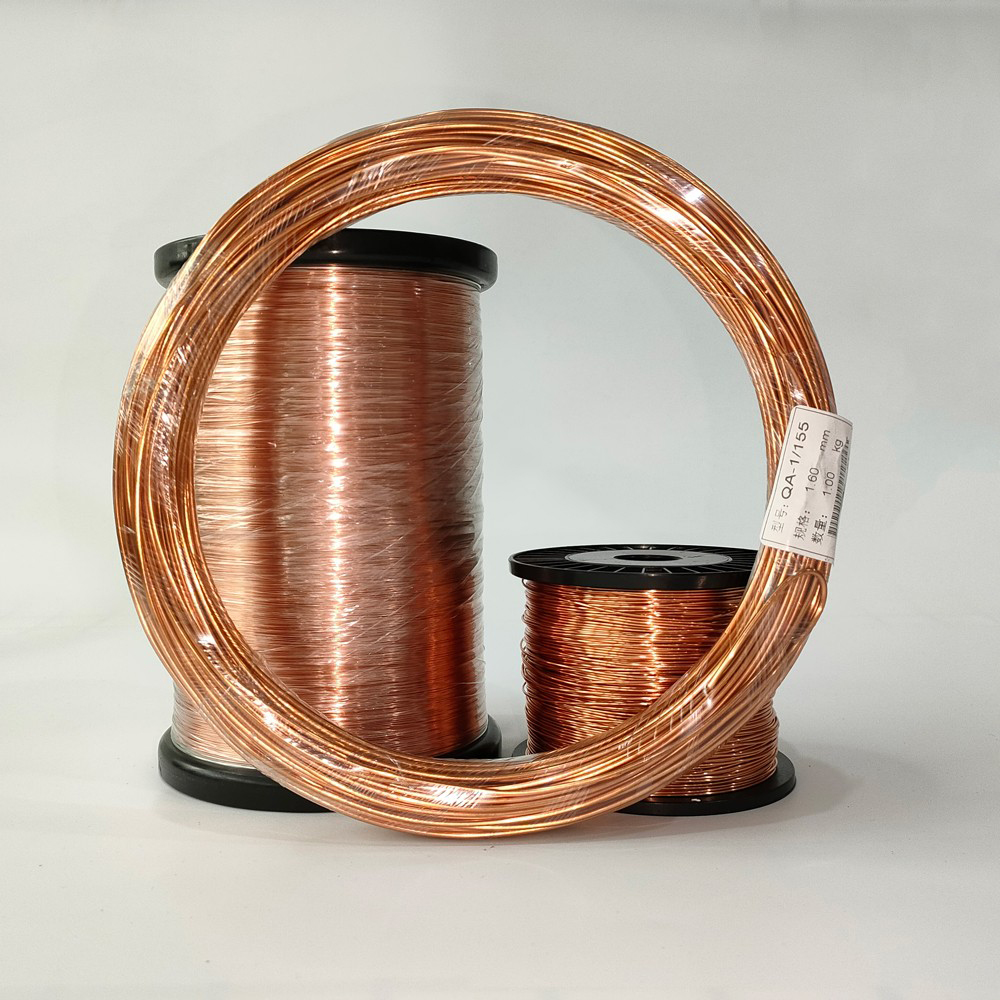
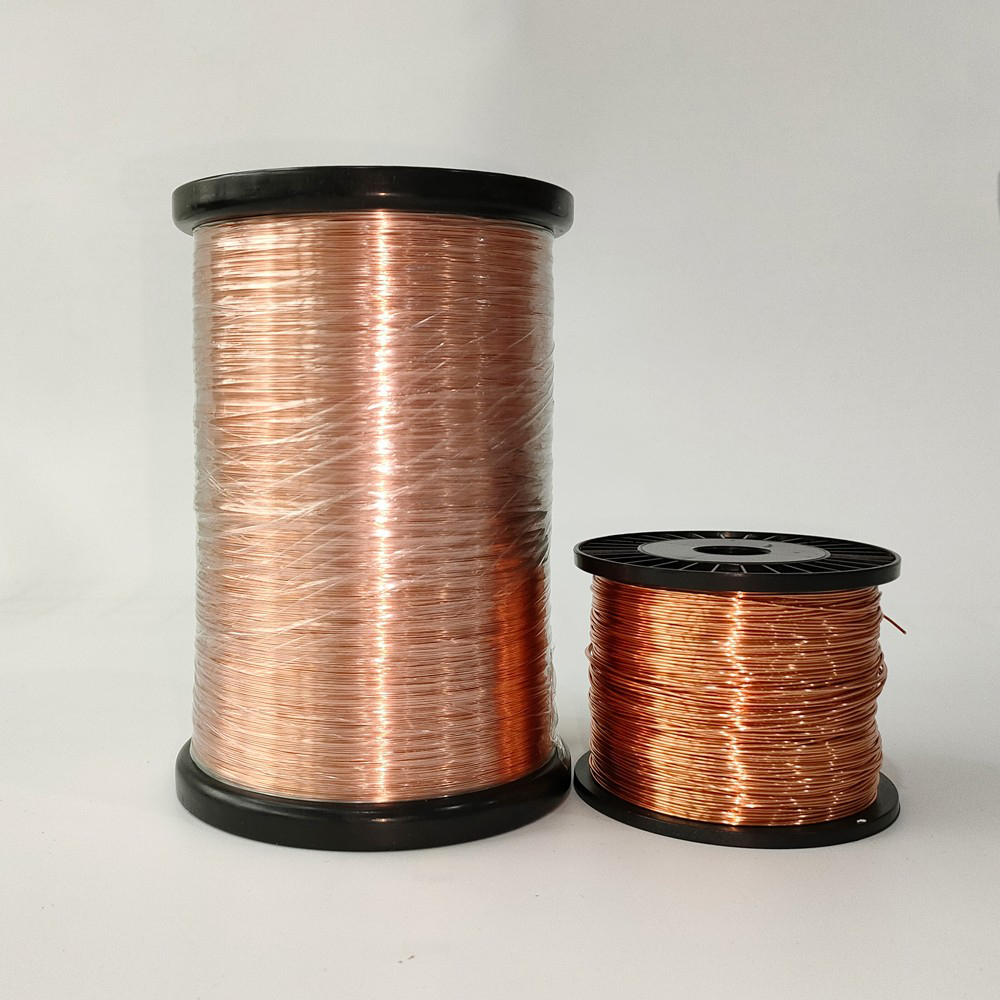
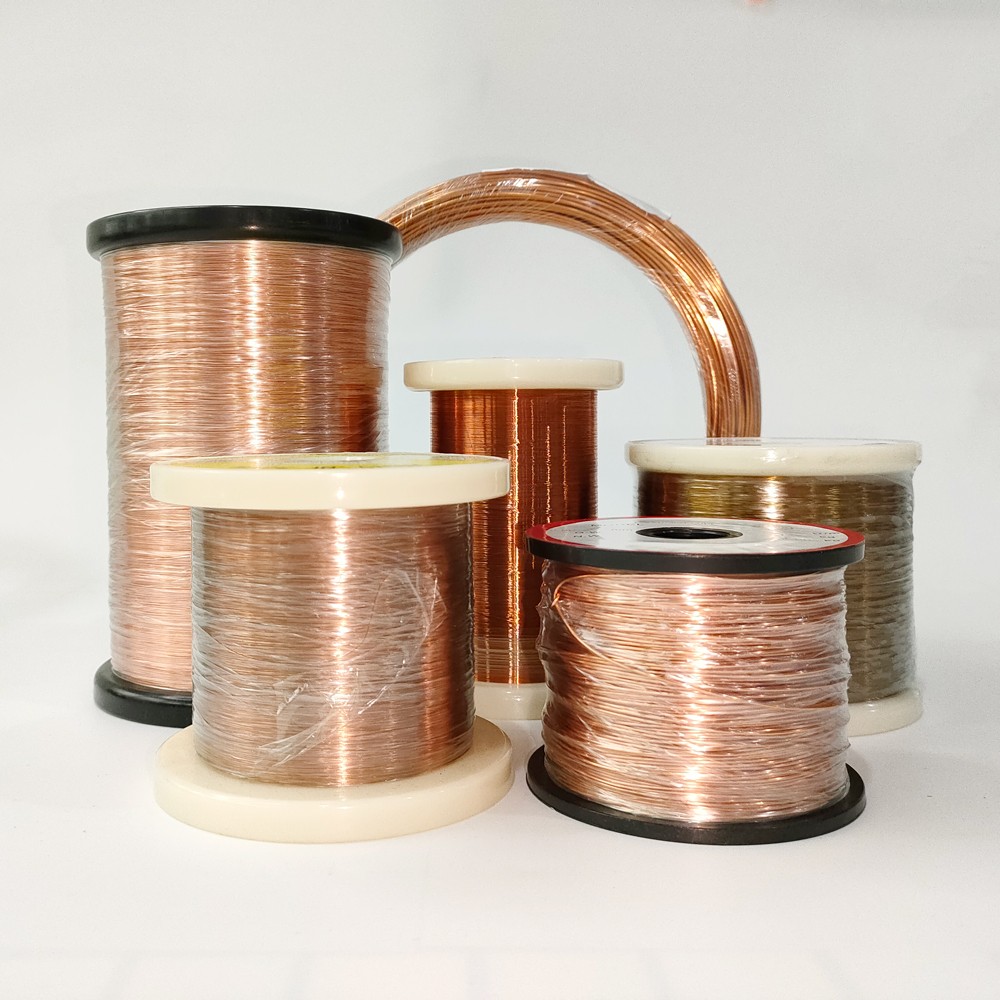
E-mail: Info@hulkalloy.com
Mobile: 0086 13852926463
Tel: 0086 13852926463
Whatapps: 0086 13852926463
Add: Renli Village, Fangxian Town, Danyang City, Jiangsu Province, China